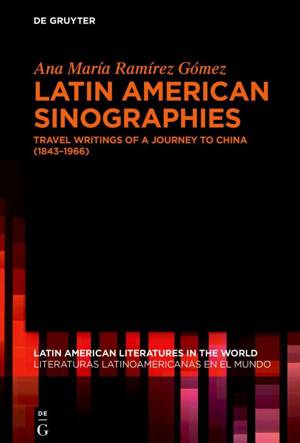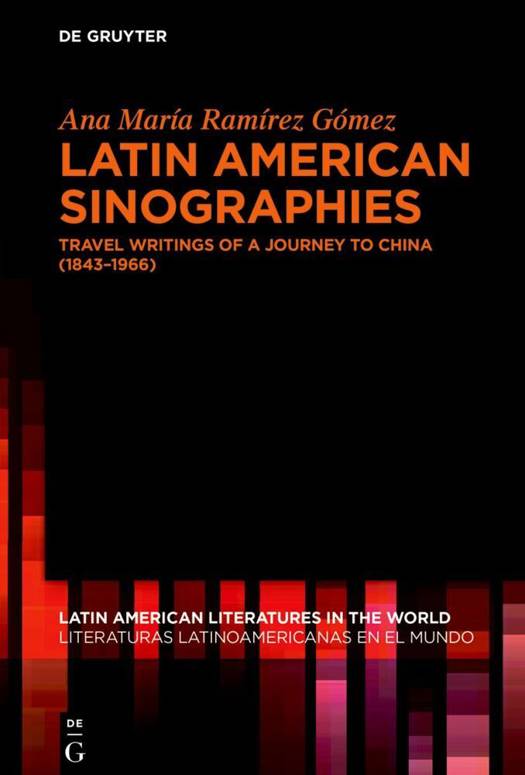
- Retrait gratuit dans votre magasin Club
- 7.000.000 titres dans notre catalogue
- Payer en toute sécurité
- Toujours un magasin près de chez vous
- Retrait gratuit dans votre magasin Club
- 7.000.000 titres dans notre catalogue
- Payer en toute sécurité
- Toujours un magasin près de chez vous
Latin American Sinographies
Travel Writings of a Journey to China (1843-1966)
Ana María Ramírez GómezDescription
Within the world mappings of cultural representation, the transatlantic is the route that has monopolized our imaginaries about the self and the other. This book studies an alternative trajectory: the Latin American travel writing of the journey to China from the 19th century to the dawn of the Cultural Revolution (1843-1966). Through a wide constellation of texts, it offers an in-depth comparative analysis of how travelers from Colombia, Peru and Chile imagined, interpreted, and represented the different Chinas they witnessed.
Intercepted mainly by literary criticism, the text is prioritized as the main point of departure to contextualize and identify the political as well as the poetical effects that this off-the-beaten-path encounter represented. Close attention is also paid to the transformation of the conditions that surrounded the Latin American production of meanings of China, as well as the change that "China" had as an idea throughout these decades. Through these pages, it is argued that from the voyage of the lettered Creole to the Qing empire, to the trip of the red tourist to Communist China, this encounter, and the writing of it became a space to reimagine and redraw Latin Americanness from other world coordinates.
Spécifications
Parties prenantes
- Auteur(s) :
- Editeur:
Contenu
- Nombre de pages :
- 330
- Langue:
- Anglais
- Collection :
- Tome:
- n° 25
Caractéristiques
- EAN:
- 9783111622491
- Date de parution :
- 02-06-25
- Format:
- Livre relié
- Format numérique:
- Genaaid
- Dimensions :
- 155 mm x 230 mm







